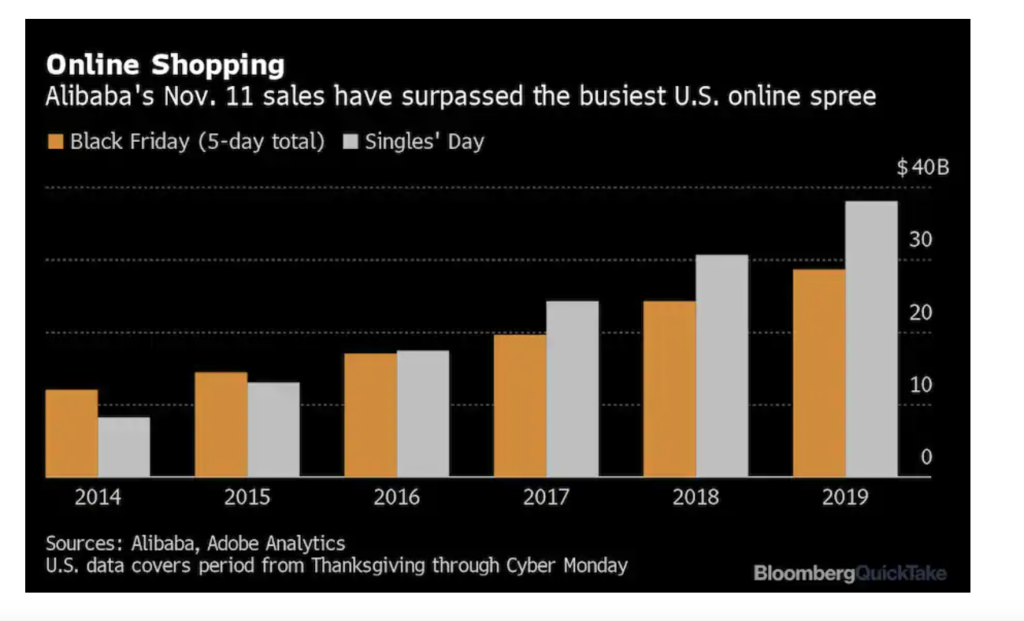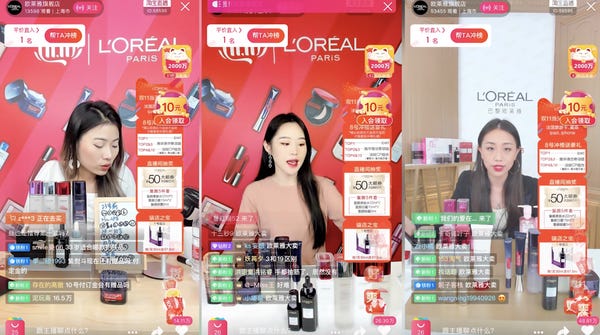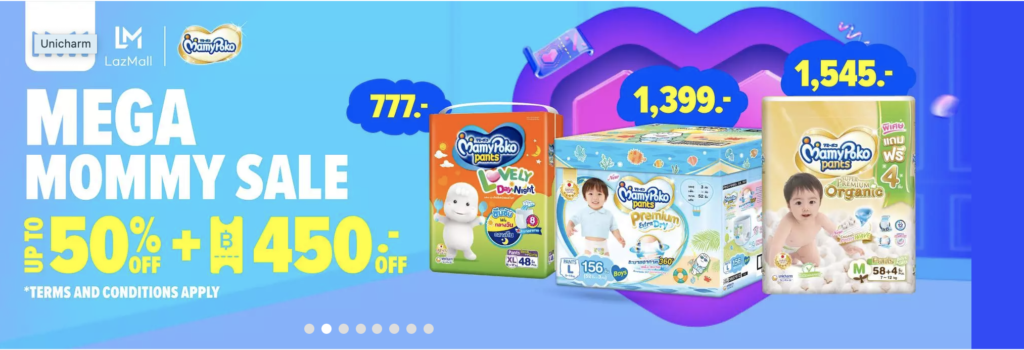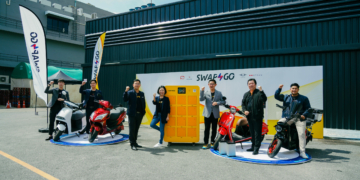Ah, 11.11 has rolled around again. The internet and is going on a mega sale, from body lotion to electronics. By now, we know the drill.
Although similar campaigns have emerged in the last few years, 11.11 is still seen as the original pioneer in ecommerce discount and shopping festival.
The Background
Started by Alibaba back in 2009, it’s a clever gimmick based on Singles’ Day, founded by college students in the 90’s as an antidote to Valentine’s day and grown into an excuse to treat yourself, friends and family. Hence, the massive online discounts.
This year in particular, as China and the rest of the world are unable to travel overseas for luxury goods, it should serve as a good jump off point for 11.11 sales.
“Luxury brands have also risen to the occasion, with an estimated doubling in the number of luxury brands participating in Singles Day,” said Michael Norris, at market research firm Agency China to the BBC.
Robot cleaners, vacuums and toolboxes are all expected to be popular, according to the publication.
The stats are crazy. In 2019, GMV reached $31 billion on Alibaba, with $1 billion in sales reached within 1 minute of the event launched. Each year gets bigger than the last. Last year an estimated half a billion shoppers bought more than $38 billion worth of goods on Alibaba’s platforms during the event , exceeding the entire, five-day Black Friday event in the US that begins on Thanksgiving and ends on Cyber Monday.

Most of the buying in China was via Taobao and Tmall, Alibaba’s main shopping sites, and supported by Ant.
It’s literally a ready, set, click sprint.
This year, Alibaba’s logistics arm Cainiao is using more than 3,000 chartered flights and long-haul cargo ships to bring goods into China as well as over 10,000 mobile lockers to minimise social contact during parcel pick up.
Western cosmetic giants are also no stranger to the 11.11 phenomenon. How can they be? By ignoring the mega-event, they’re missing out on millions of dollars in sales from Chinese super fans- who coincidentally cannot venture beyond their home markets to shop.
“Where we are seeing the recovery take place in the most rapid way is definitely on e-commerce through Tmall, where our business is growing in a quite healthy way,” said James Aquilina, the global SVP of international and commercial for MAC Cosmetics to fashion and beauty website Glossy.
According to Glossy, the top-selling beauty brands on 11.11 is dominated by the L’Oréal Group and Estée Lauder portfolio brands.
Live streaming has emerged as a vital channel to communicate with potential customers, especially in China and increasingly, Thailand as well. In China, the live streaming market alone is worth $129 billion.

During lockdown, the power of live streaming expanded even more-and is here to stay.
What about Thailand?
Last year, Lazada Thailand got the number 1 spot in the region in terms of value spent on a single order; a total of THB360,000. What did that person buy?!

In Thailand, mobile phones and TV reign as bestsellers in terms of sale numbers, with beauty products & underwear reigning as items with the most order volumes.
Lazada and Shopee also draw viewers and shoppers in via live-streaming, games and interactive content.
Even hotels are getting in on the 11.11 action. Across the country, hotels are doing special deals.
Most people eye expensive electronics, from Dyson hairdryers to Samsung tablets.
According to a survey in Thailand conducted by MarketBuzz and reported by Bangkok Post newspaper, electronic accessories, home appliances and food and drink products are the top three product categories most likely to be purchased this year. Both Lazada and Shopee will be competing for the top destinations.




